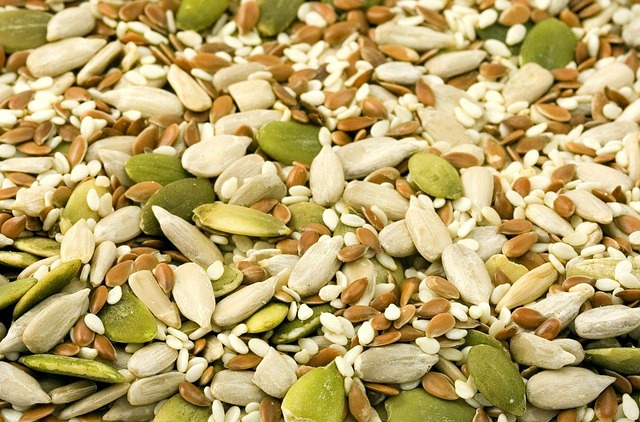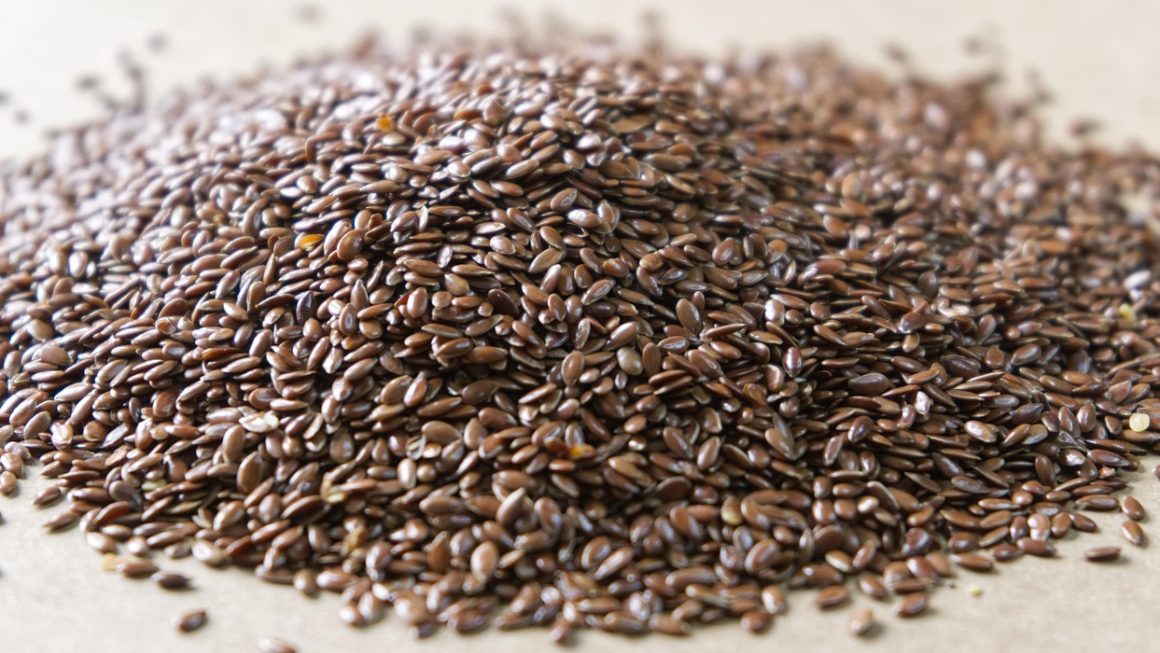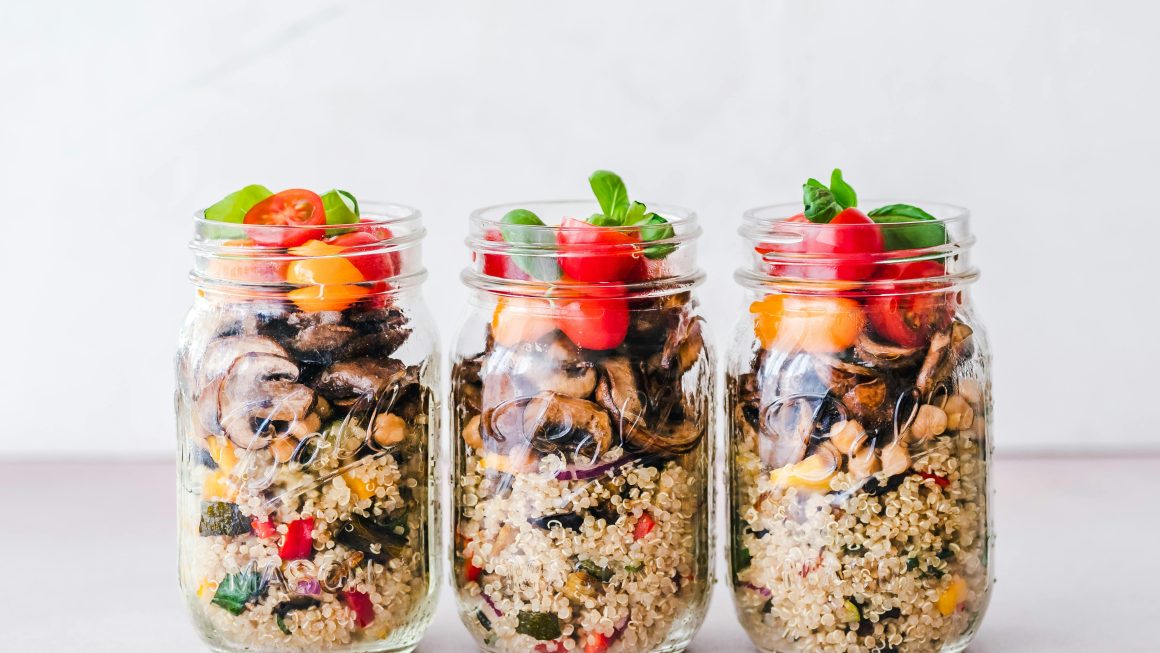Ever noticed those small seeds that might be sitting back in your pantry?
If not, it’s high time you should, as these tiny seeds are a powerhouse.
Be it pumpkin seeds, chia seeds, sunflower seeds, or sesame seeds, these seeds are packed with some of the most concentrated nutrition nature has to offer you.
Seeds might not be the go to source for long lasting energy, but they’re known as a daily staple for anyone looking to support energy, recovery, and long-term wellness.
Want to know what benefits these seeds offer and how you can add them to your daily diet?
Let’s explore how these nutritional gems work and fuel your body.
Seeds as Nutrient Powerhouses
Seeds are literally the building blocks of healthy lifestyle. Every seed contains all the nutrients your body needs to store fats, proteins, vitamins, and minerals.That’s what makes them so nutritionally dense.
Most seeds share a few standout traits:
- Healthy fats: Primarily unsaturated fats and omega-3 fatty acids that support cardiovascular and brain health.
- Plant-based protein: A great source for vegetarians, vegans, and those looking to diversify protein intake.
- Fiber: Promotes digestion, satiety, and balanced blood sugar levels.
- Micronutrients: Seeds are rich in magnesium, zinc, iron, calcium, and vitamin E, nutrients that many people fall short on.
- Antioxidants: Help reduce inflammation and oxidative stress, both of which are linked to chronic disease and aging.
As compared to the nuts, seeds are often lower in calories per serving, but higher in certain minerals and omega-3s. They’re also easier to digest for some people, especially when soaked or ground.
In short: a tablespoon or two of these tiny seeds a day can significantly improve your overall health, without adding much effort or cost.
A Closer Look at the Most Nutritious Seeds
Not all seeds offer same nutrients benefits. Each seed have something unique to offer.
Let’s take a closer look at each seeds to see how beneficial they are and how they can support your health goals.
Pumpkin Seeds: Rich in Magnesium and Muscle Recovery Nutrients
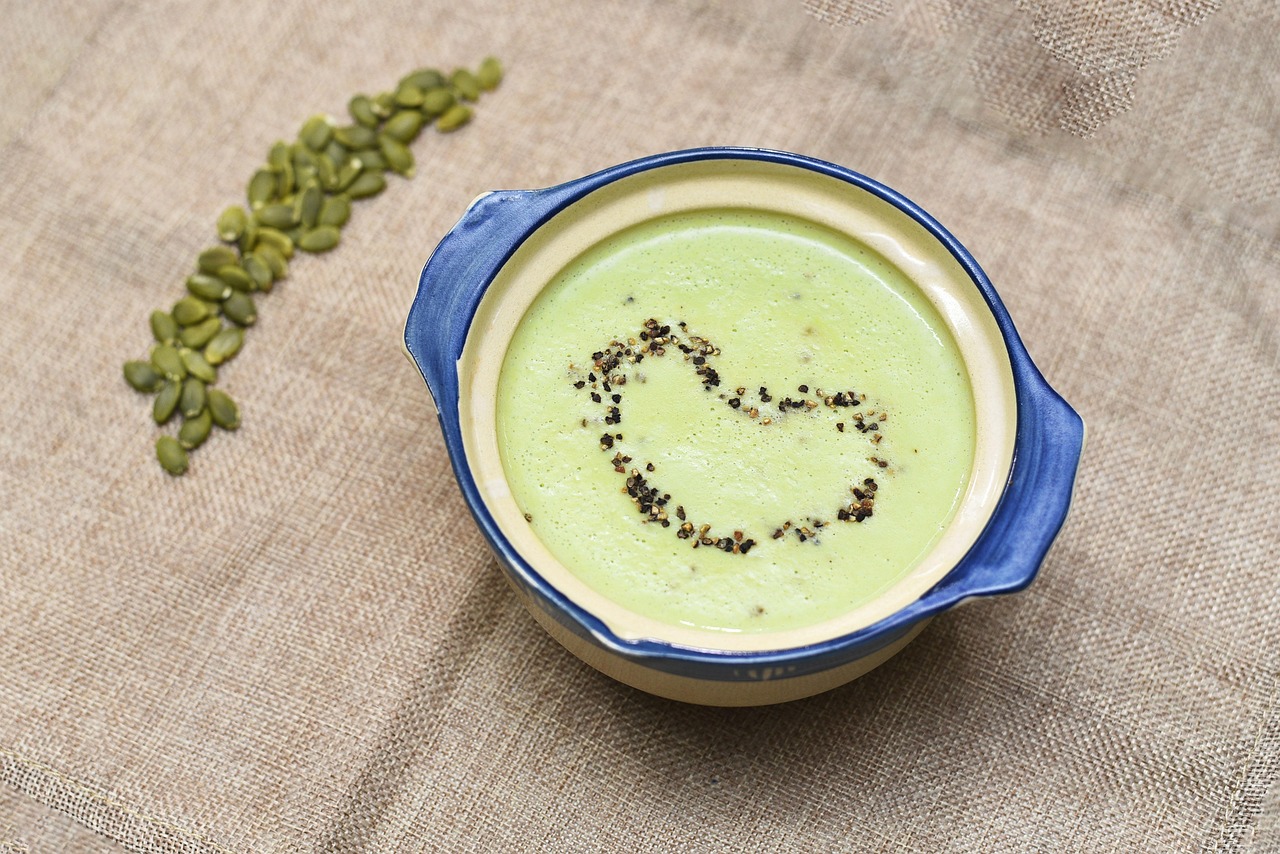
Pumpkin seeds, also known as pepitas, are tiny mineral powerhouses. Just a handful pumpkin seeds provides a generous dose of magnesium, which plays a crucial role in energy production, muscle recovery, and relaxation.
They’re also rich in zinc and iron, supporting immune function and oxygen transport, two things active individuals need to stay strong and energized.
Pumpkin seeds contain tryptophan, a precursor to serotonin and melatonin, which can promote better sleep quality. It’s great for a post-dinner snack or salad topping.
How to use them: Lightly toast pumpkin seeds with a pinch of sea salt for a savory crunch. You can also add them to salads, sprinkle them over roasted vegetables, or blend them into homemade protein bars.
Chia Seeds: High Fiber and Omega-3 for Heart and Gut Health
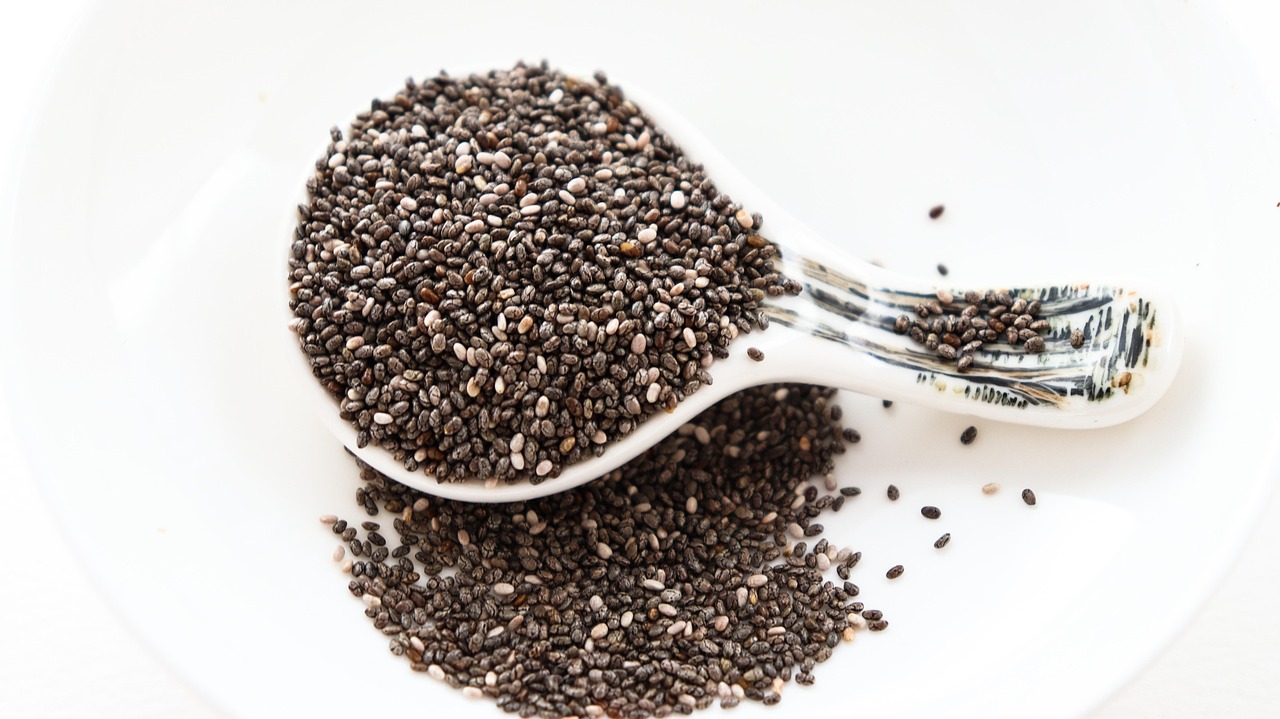
Chia seeds are known as a superfood for good reason. Just two tablespoons of chia seeds provide a daily dose of 10 grams of fiber along with plant-based omega-3 fatty acids (ALA).
The chia seed is a digestive champion; it helps regulate bowel movements and supports gut health. When mixed with liquid (water, yougurt, milk), chia seeds form a gel-like consistency that can help you stay hydrated longer and feel full between meals.
They also support cardiovascular health by helping reduce LDL (“bad”) cholesterol and inflammation.
How to use them: Stir chia seeds into smoothies, yogurt, or oatmeal. For a more substantial option, you can make an overnight chia pudding by soaking them in almond milk with a dash of vanilla and a touch of maple syrup. Chia seed pudding is a perfect on the go breakfast that will keep you full throughout the day. Explore more power pack breakfast recipes for nutritious mornings.
Sunflower Seeds: Antioxidant Support and Healthy Fats
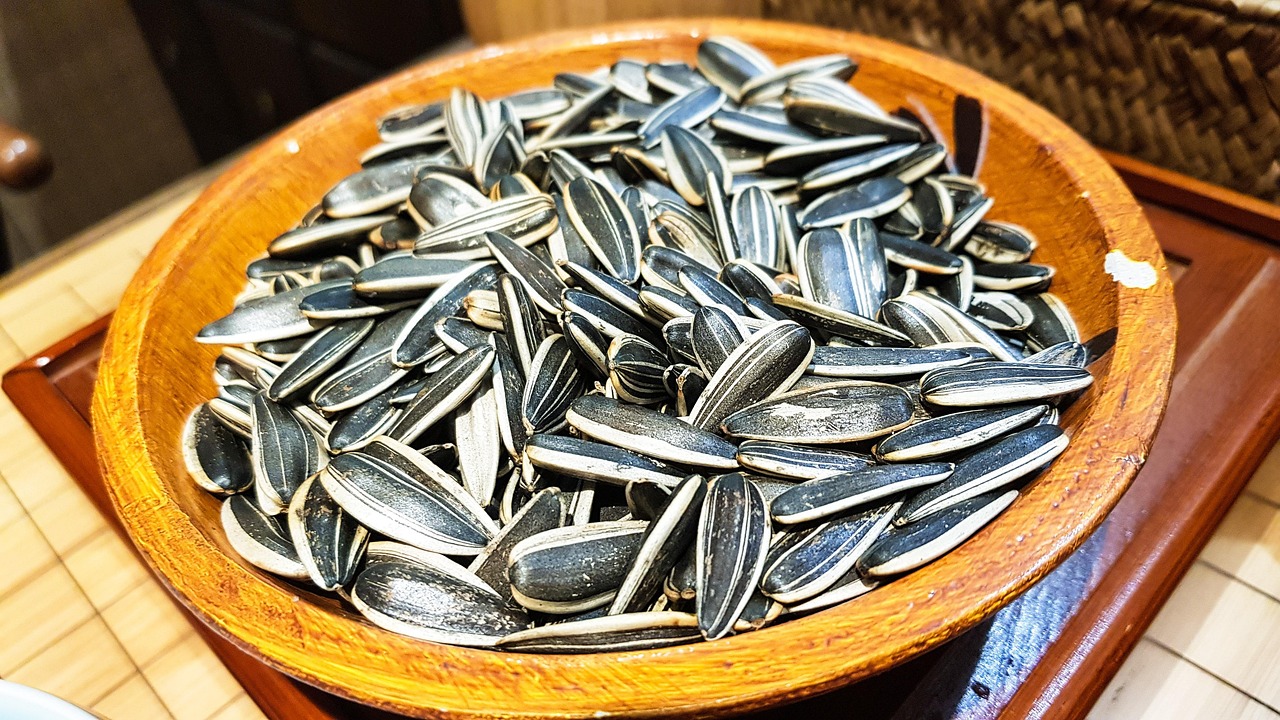
Sunflower seeds are often underrated, but they’re one of the best sources of vitamin E, a powerful antioxidant that protects cells from oxidative stress and supports skin and immune health.
They also contain selenium, an important mineral along with vitamin E, to support thyroid function and reduce inflammation.
Because they’re rich in healthy fats and protein, sunflower seeds are an excellent snack to stabilize blood sugar and overcome cravings.
How to use them: You can add them to your breakfast bowl. Sprinkle it over avocado toast, or blend it into sunflower seed butter for a nut-free spread alternative. Sunflower seeds are an excellent source of minerals and vitamin E, which is essential for your body.
Sesame Seeds: Ancient Source of Calcium and Iron
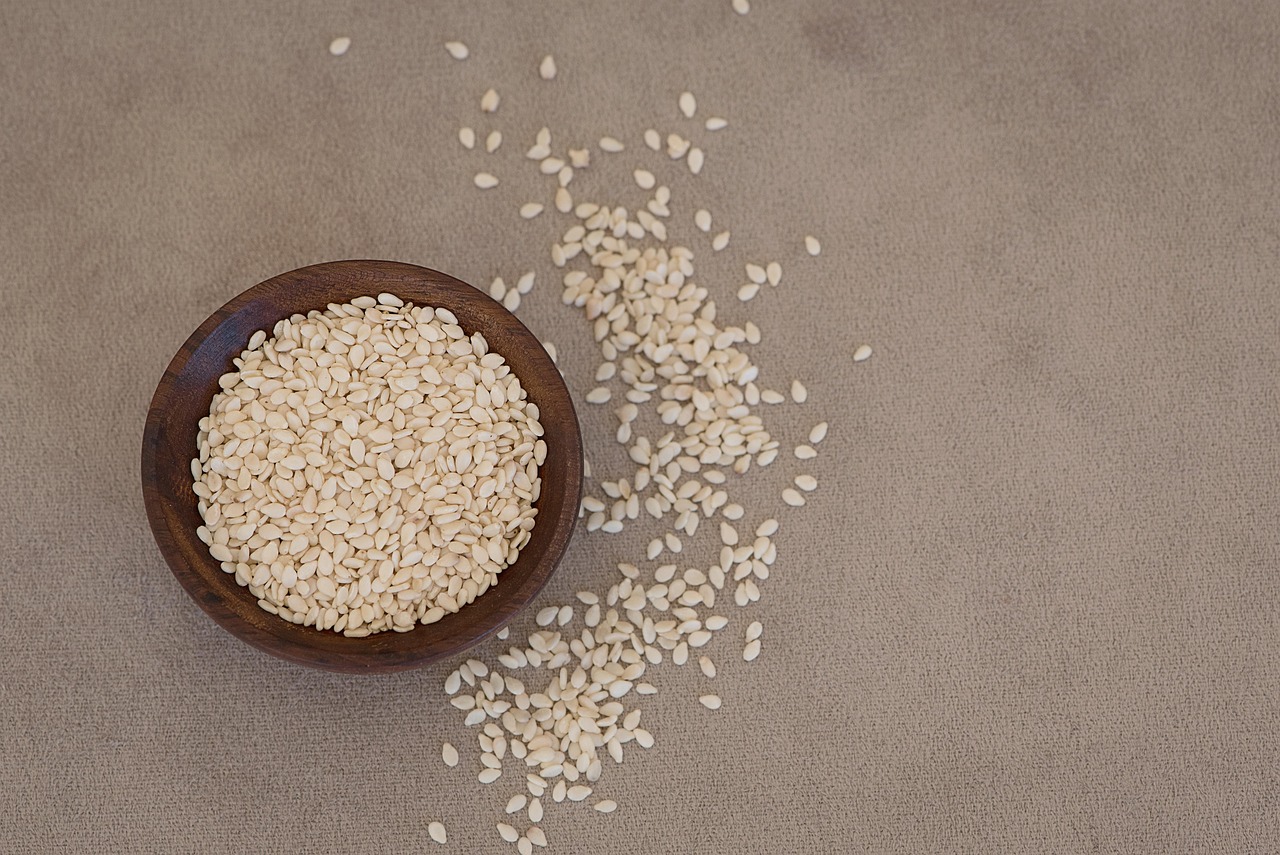
Sesame seeds have been used for thousands of years in traditional Asian and Middle Eastern cuisines, and for good reason.
These tiny seeds are rich in calcium, iron, and lignans, which support bone density, hormonal balance, and cholesterol regulation.
They’re also incredibly versatile. Toast some sesame seeds to add depth and aroma to stir-fries, roasted vegetables, or salads.
How to use them: Sprinkle on sautéed greens, use in homemade tahini for dressings and dips, or coat baked tofu or chicken for a nutritious crust.
Flaxseeds: Fiber and Hormonal Balance
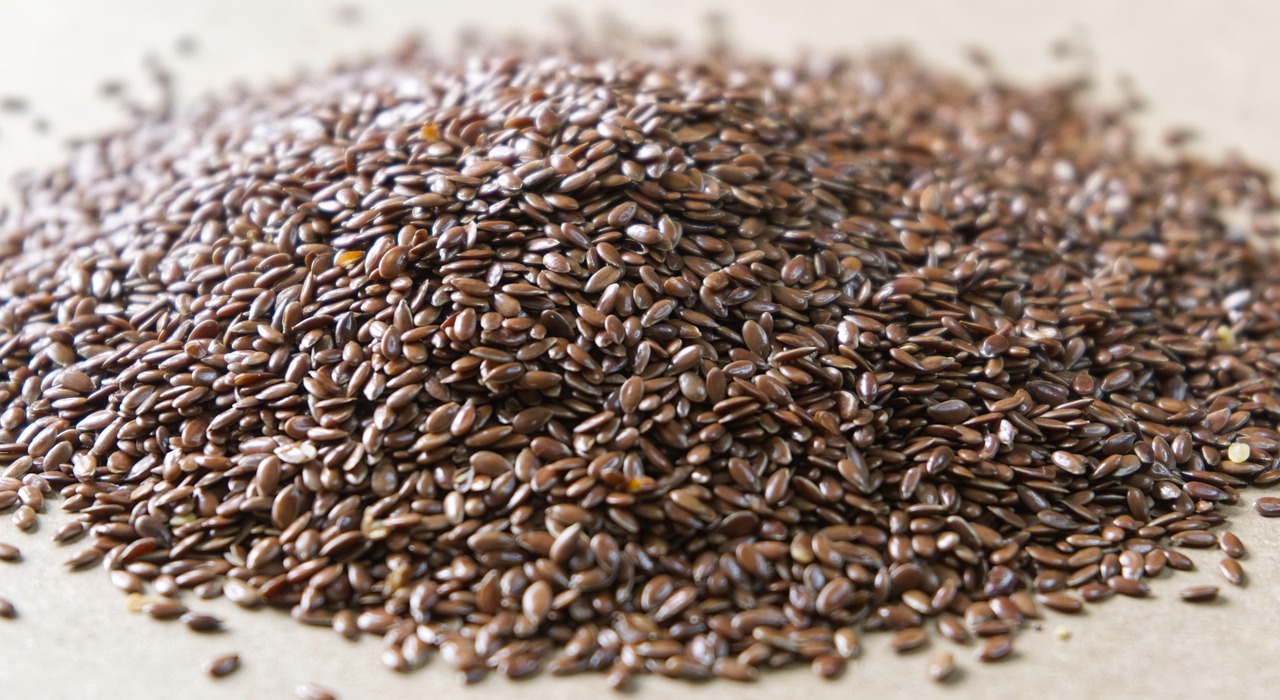
Flaxseeds are one of the richest sources of lignans, plant compounds with antioxidant and estrogen-balancing properties. Women can add these to boost hormonal health.
They’re also loaded with soluble fiber, which supports digestion and helps lower LDL cholesterol. To get their full benefits, flaxseeds should be consumed ground; whole seeds pass through the digestive system largely intact.
How to use them: Mix ground flaxseed into smoothies, oatmeal, pancake batter, or even as an egg substitute in baking (1 tablespoon flax + 3 tablespoons water = 1 egg).
Other Seeds Worth Including
- Hemp Seeds: Contain all nine essential amino acids, making them a complete protein source. They’re also rich in omega-3 and omega-6 fatty acids in an ideal ratio.
- Poppy Seeds: Provide calcium, magnesium, and small amounts of plant compounds that support relaxation and bone health.
- Nigella (Black) Seeds: Traditionally used for immune and respiratory support, they add a unique, slightly peppery flavor to dishes.
Practical Ways to Add Seeds to Your Diet
The beauty of seeds is their simplicity; you can add them to almost anything without compromising on the flavour. Here are some practical ways to make them part of your daily routine:
- Keep a “seed mix” jar: Start by combining equal parts of pumpkin, sunflower, chia, and flax seeds. Sprinkle a spoonful on salads, soups, yogurt, or roasted vegetables.
- Blend into smoothies: Add a tablespoon of chia or hemp seeds for extra protein, fiber, and creaminess.
- Mix into baking: Substitute part of your flour with ground flax or sesame seeds in muffins or breads.
- Upgrade your snacks: Add sunflower or pumpkin seeds to homemade granola or energy balls.
- Use in sauces or dressings: Whisk tahini (made from sesame seeds) with lemon juice, garlic, and water for a creamy, nutrient-rich dressing.
Even one tablespoon a day can make a meaningful difference in your daily nutrient intake.
Seeds That Go Along With Your Daily Recipe
These power pack seeds can be easily added to your daily food items. Be it breakfast, lunch or dinner you can try out some recipes with these seeds. Here are a few easy, nutrient-packed ideas you can enjoy.
Green Smoothie with Chia and Hemp
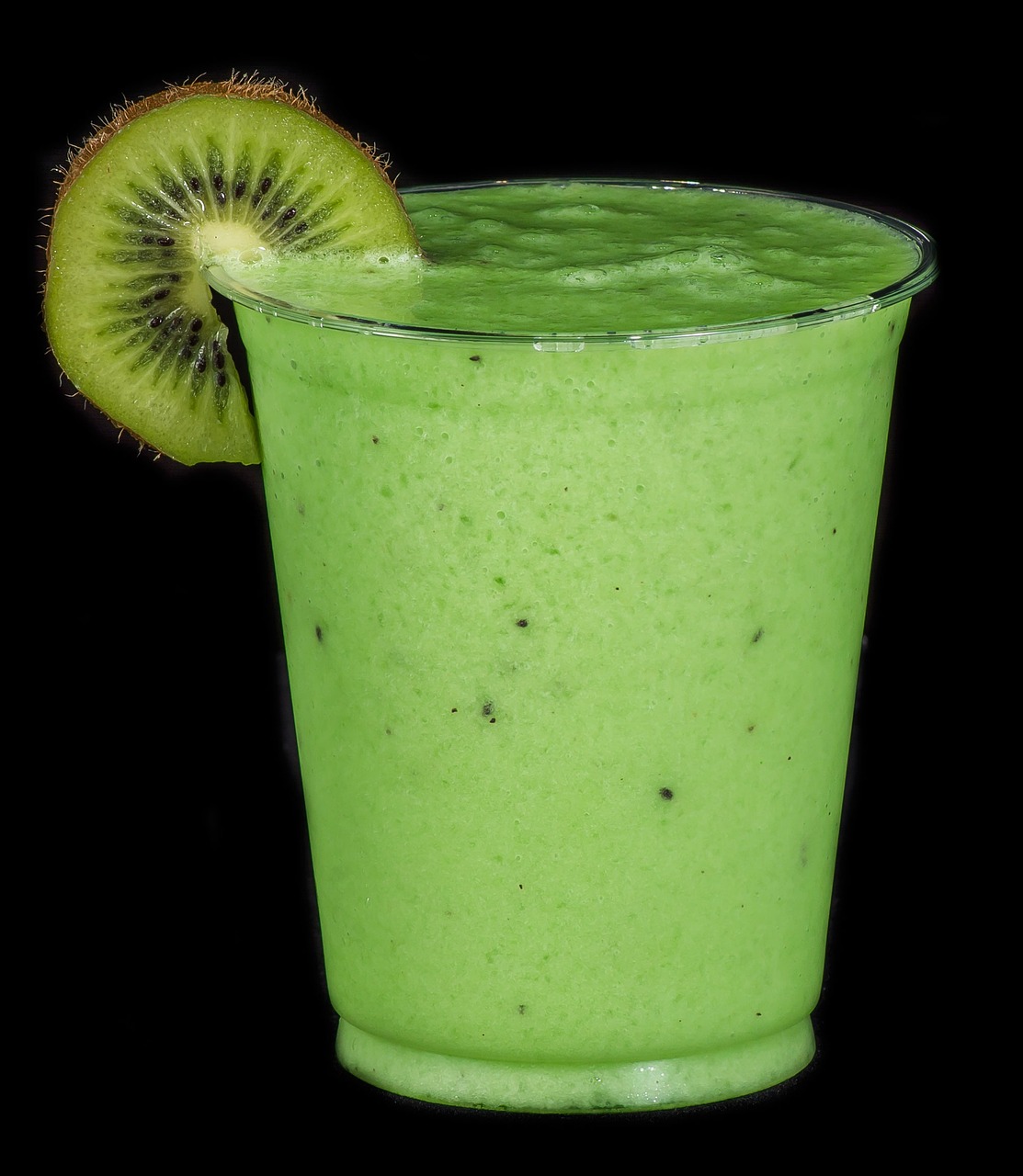
Ingredients:
- 1 cup unsweetened almond milk
- 1 banana
- 1 handful spinach
- 1 tablespoon chia seeds
- 1 tablespoon hemp seeds
- 1 teaspoon honey or maple syrup
Instructions: Blend all the ingredients until smooth. Chia seeds will thicken the smoothie slightly, while adding texture and staying power.
Crunchy Seed Salad Bowl
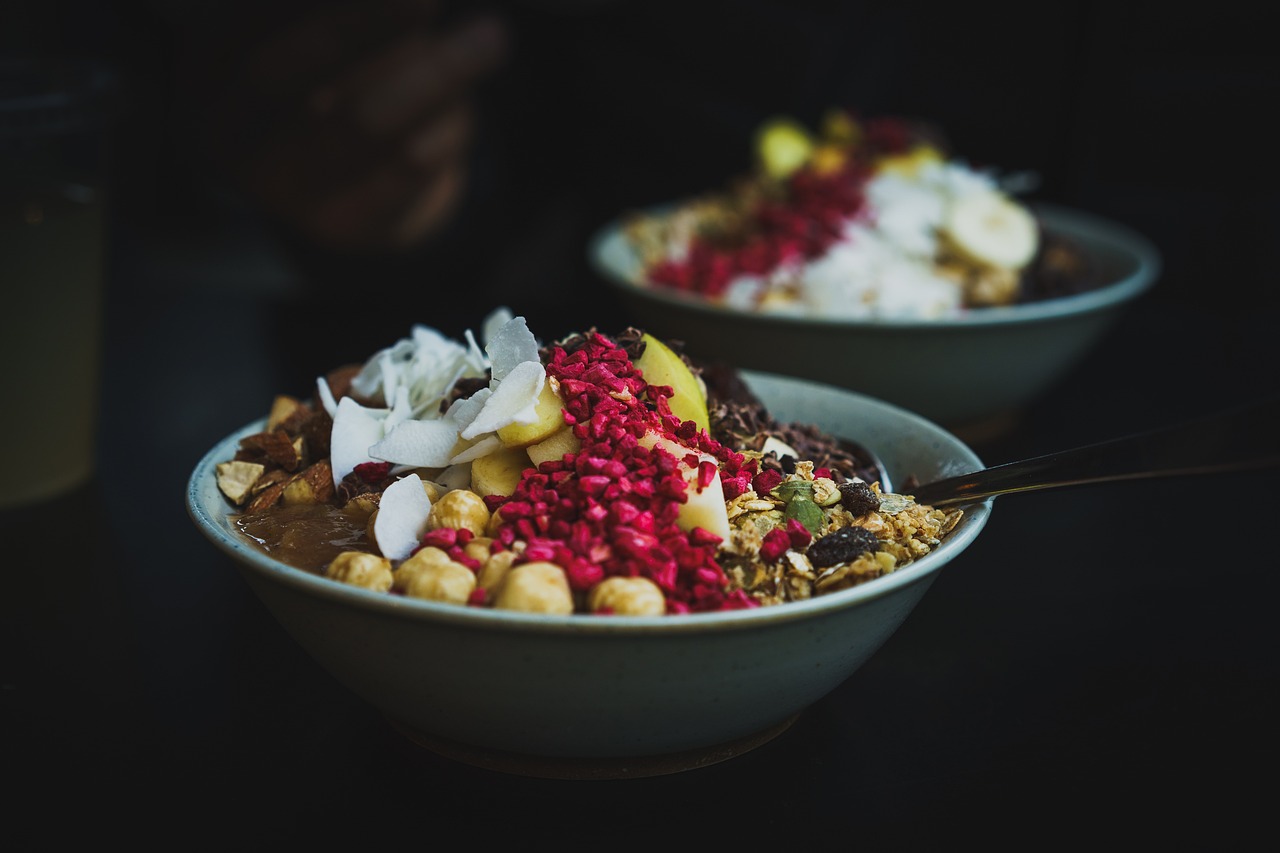
Ingredients:
- Mixed greens (kale, spinach, or arugula)
- 1 grated carrot
- ½ avocado, sliced
- ¼ cup roasted chickpeas
- 2 tablespoons mixed seeds (pumpkin, sunflower, sesame)
Dressing: Whisk 2 tablespoons tahini, 1 tablespoon lemon juice, 1 teaspoon olive oil, and salt to taste. Toss everything together for a balanced, crunchy meal.
Overnight Chocolate Chia Pudding
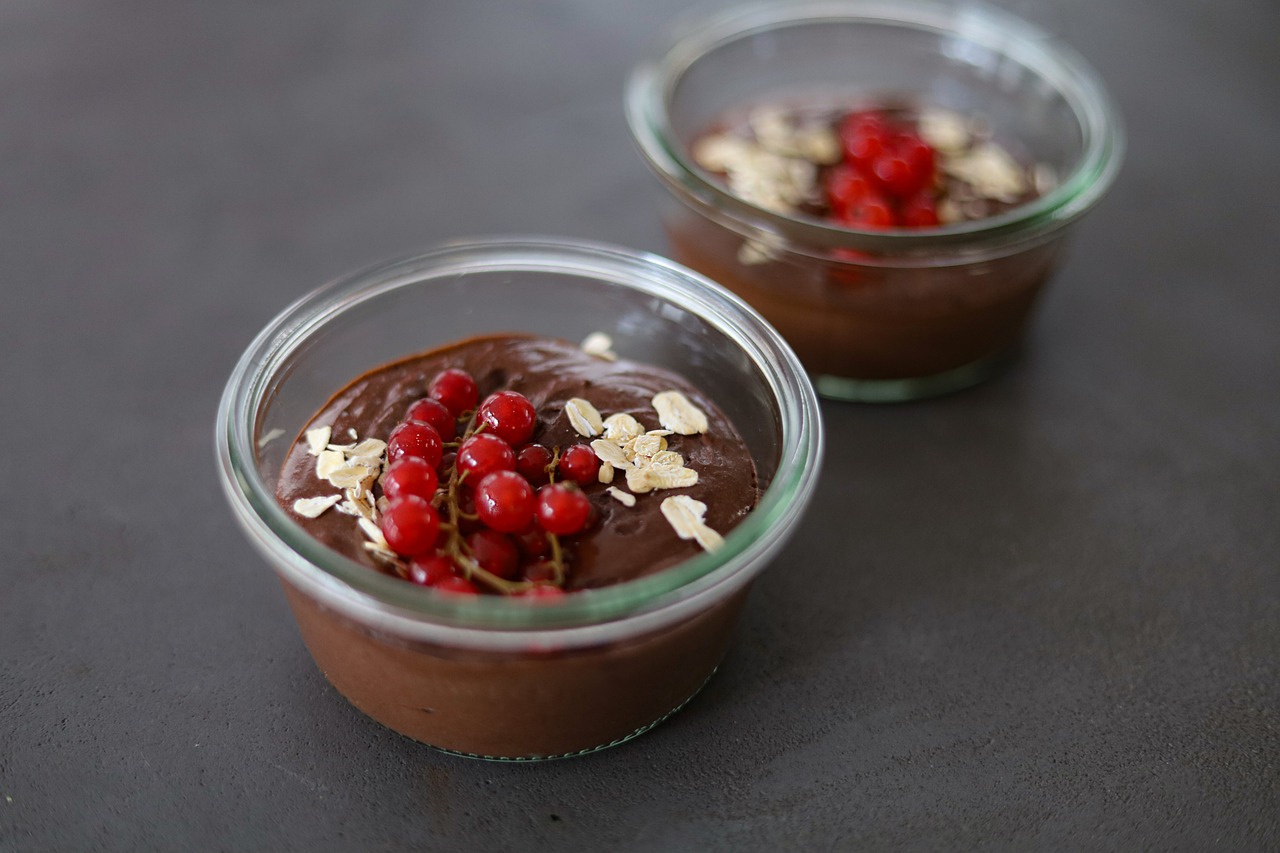
Ingredients:
- 3 tablespoons chia seeds
- 1 cup almond milk
- 1 tablespoon cocoa powder
- 1 teaspoon vanilla extract
- 1 tablespoon maple syrup
Instructions: Mix all ingredients, stir well, and refrigerate overnight. In the morning, top with berries or granola. It’s dessert-level delicious, but nutrient-dense and fiber-rich.
The Science Behind Their Health Benefits
There’s growing scientific support for what traditional diets have long known seeds pack serious nutritional benefits.
- Heart Health: Studies show that consuming flax, chia, and sunflower seeds can help lower cholesterol and reduce markers of inflammation.
- Metabolic Health: High fiber and healthy fats promote steady blood sugar levels, making seeds beneficial for managing weight and energy.
- Digestive Health: The soluble and insoluble fiber in flax, chia, and sesame supports gut regularity and a healthy microbiome.
- Hormonal and Cellular Health: Lignans and antioxidants in seeds help regulate hormones and protect cells from oxidative damage.
While the research continues to expand, one thing is clear: seeds offer concentrated nutrition that supports multiple systems in the body.
Making Seeds a Daily Habit
The key to reaping the benefits of seeds is consistency. You don’t need to overhaul your diet; small, steady habits add up over time.
Tips for daily use:
- Store seeds in airtight containers; refrigerate chia and flax to preserve their oils.
- Keep a small jar of mixed seeds close to remind yourself to take it on a daily basis.
- Start with one tablespoon a day and increase the consumption gradually as your digestion adjusts.
- Rotate types of seeds weekly to cover a broader nutrient range.
Think of them as nutritional boosters, not a fad, but a foundational habit that quietly strengthens your health over time.
Wrap Up
It’s easy to overlook these small seeds, but that’s exactly what makes them remarkable. Sprinkle it over salads, or consume a spoonful of seeds, and you can enrich your meals with fiber, protein, healthy fats, and vital minerals.
Seeds prove that eating doesn’t have to be complicated or expensive. Stay focused on fitness and longevity, as these handful of seeds can make a real difference in your overall health.
So go ahead, start sprinkling. Your body will thank you for it.

